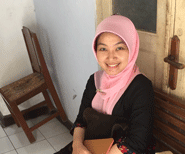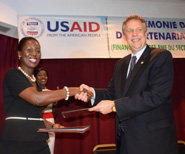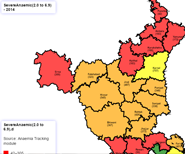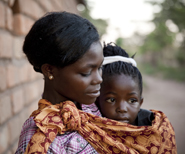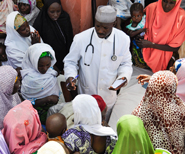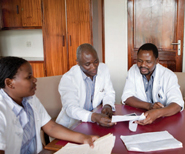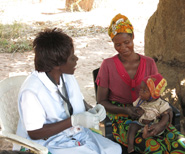A rapid and exciting transformation has been taking place in Indonesia’s health sector since early 2014, when the country launched a new Universal Health Coverage (UHC) initiative. Indonesia’s Jaminan Kesehatan Nasional (JKN) health insurance program aims to cover the entire population – more than 255 million people – by 2019. When fully implemented, Indonesia will have the […]
Study to Inform Planning, Implementation of UHC Initiatives in Indonesia
